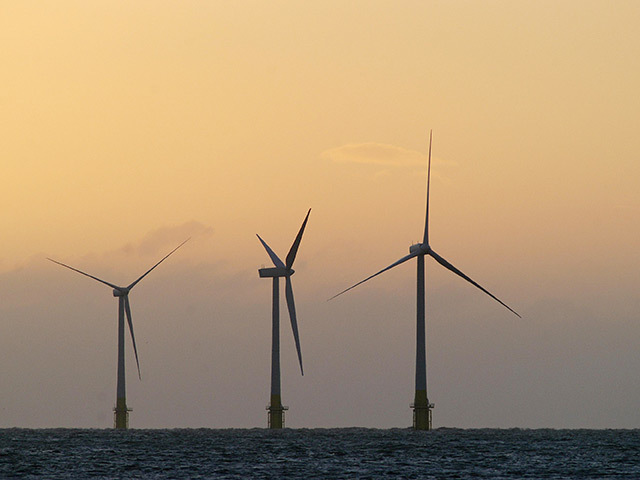
European energy giant E.On says it expects to slashed its proposed dividend as it braces for profits to fall by as much as a third this year.
The German utilities group warned that asset sales and lower earnings in Russia were expected to drive net income down by 33% in 2014 as it looks to shut more than a quarter of its power plants across Europe.
But the company said it was also looking to ramp up its presence in the North Sea as it increases exploration efforts.
“The successful start of production at Skarv field in the Norwegian North Sea in 2013 was an important milestone in the development of this business,” chief executive Johannes Teyssen said.
“Our objective is to expand our exploration portfolio, which currently consists of about 50 licences, to lay the foundation for the discovery of new gas and oil reserves.
“This approach will enable us to optimally deploy E.on Exploration and Production’s existing know-how in projects that create value.”
Oil and gas production rose significantly last year for E.On, which has stakes in the Skarv, Hyme and Huntington fields, along with the Yuzhno Russkoye gas field in Siberia. Oil production was up 40)% to 7.5million barrels, while gas output was up 138% on 2012’s figures to 1.47billion standard cubic metres.
Despite the growth of its North Sea business, EON’s 2013 earnings were 46 percent lower than 2012, while net income – the measure EON uses to calculate its dividend – will drop to £1.25billion (1.5 billion euros from £1.86billion (2.24 billion euros) in 2013
Chancellor Angela Merkel’s transformation of the domestic energy market toward renewables and away from nuclear has resulted in a surge in wind and solar power, now 24 percent of generation. That has cut electricity prices, which were already weakened by a decline in demand amid Europe’s economic crisis.
“The ramifications of policy decisions in Germany and the related insufficient market prices for conventional energy continue to have an adverse impact on our generation portfolio, which has long been a mainstay of our business,” said Mr Teyssen.
Teyssen added the company’s focus going forwards, following the shutdown of 13GW of capacity from its conventional energy generation, would be on expanding business opportunities with limited investment in conventional systems.
“We are investing very carefully and selectively in our new businesses and keeping risks to a minimum,” he warned.
“But I would like to add that not making investments is not an option for us. Our company’s transformation must continue, particularly in difficult times. It’s the only way for us to lay the foundation for future earnings.”
Recommended for you
